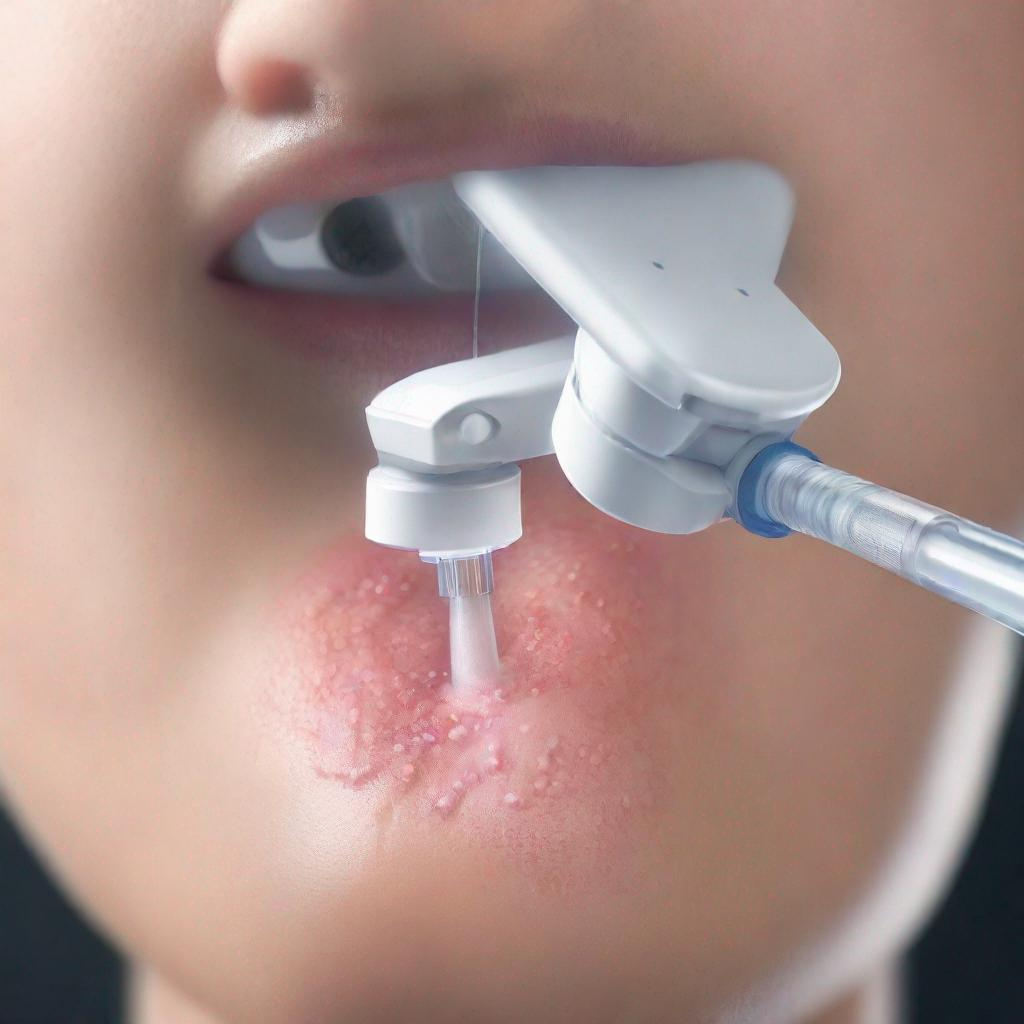## Skin Biopsy: A Diagnostic Tool for Skin Conditions and Diseases
**Introduction**
A skin biopsy is a medical procedure that involves removing a small sample of skin to examine under a microscope. It is a valuable diagnostic tool that helps identify and evaluate various skin conditions and diseases.
**Procedure**
The procedure is typically performed by a dermatologist or other healthcare professional trained in skin biopsy techniques. It involves the following steps:
* The skin area is sterilized to prevent infection.
* Local anesthesia may be applied to numb the area.
* Using a scalpel or biopsy punch, a small piece of skin is removed.
* The removed sample is placed in a preservative solution and sent to a laboratory for examination.
**Diagnosis**
Skin biopsies can help diagnose a wide range of skin conditions and diseases, including:
* **Skin cancer:** Melanoma, basal cell carcinoma, squamous cell carcinoma
* **Infections:** Herpes simplex, warts
* **Inflammatory conditions:** Psoriasis, eczema
* **Other skin diseases:** Acne, rosacea
**Importance**
Skin biopsies are essential for accurate diagnosis and proper treatment. They can:
* Confirm or rule out suspected skin cancer
* Differentiate between benign and malignant skin lesions
* Guide treatment decisions and monitor disease progression
**Alternatives**
In some cases, alternative tests may be used instead of a skin biopsy, such as:
* **Dermoscopy:** A non-invasive technique that involves examining the skin with a special lighted instrument.
* **Fine-needle aspiration biopsy:** A minimally invasive procedure that uses a fine needle to extract cells from the skin.
**Preparation**
Before a skin biopsy, it is important to inform your doctor about any medications or supplements you are taking, as some may need to be discontinued temporarily.
**Duration**
The procedure itself takes a few minutes, but the time it takes to receive the results varies depending on the laboratory’s workload. Results may be available within a few days or weeks.
**Recommendations**
Following a skin biopsy, it is crucial to keep the wound clean and dry to prevent infection. Your doctor may recommend additional tests or follow-up appointments to monitor your condition and ensure proper treatment.


